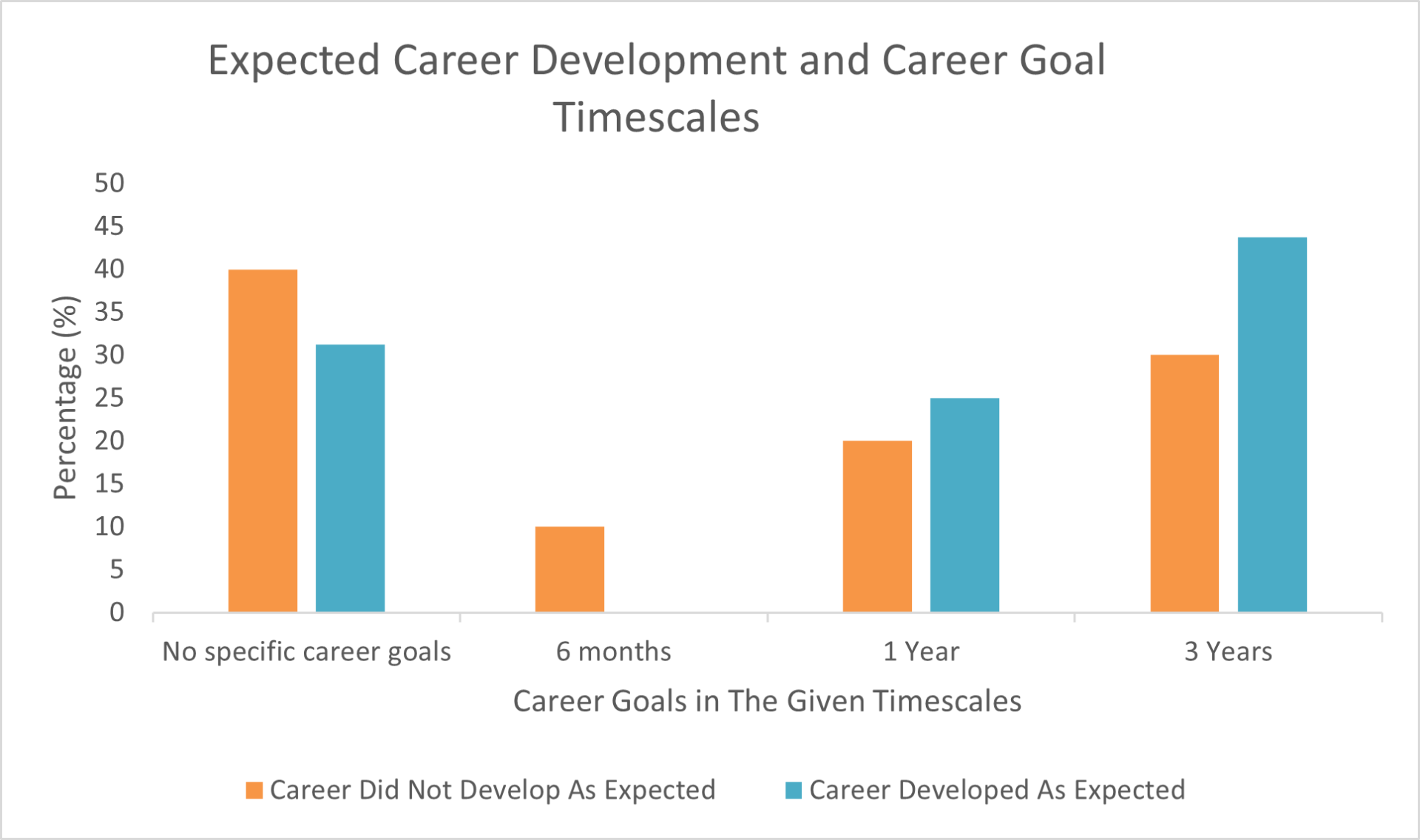Setting Career Goals
Goal Setting and Career Development

This is where training comes in. Setting goals is not as simple as stating what you want, or even saying when you want it by. There are steps in between to help you get there, which takes more time and thought than the initial decision. Making that decision, settling on your goals, is certainly the first step, and very important, but it’s going to take more to get there! As discussed in other articles, other factors may impact how the speed and difficulty of reaching your goal, whether you have a supportive manager, whether you had the right support early on in your career, or whether you need to do a little extra work now to get to where you want to be.
Overall, giving yourself a career goal and a timescale to work with is an excellent plan and a step towards the career you want. But it will take more than this and we can help you figure the next steps out.


